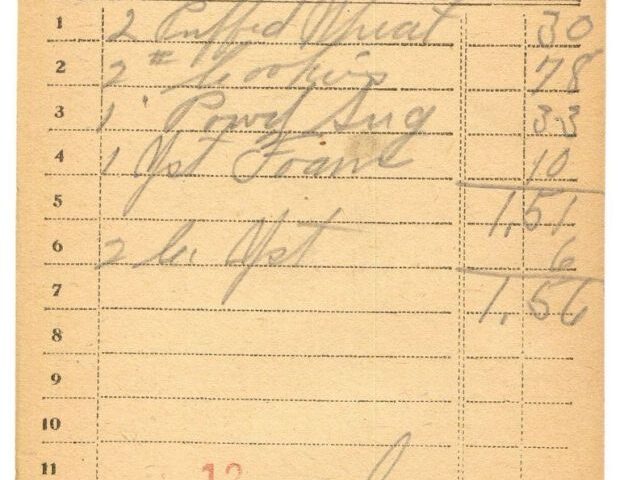Whenever Illinois lawmakers start talking reform, we should start to be wary. Very wary.
Some of our legislators want to redesign the region’s mass transit agencies before they adjourn the legislative session at the end of the month.
Our elected officials in Springfield can’t reform themselves when it comes to campaign funding, misconduct and budgeting. Yet, they want to change the way things have been going the last 50 years or so in the six-county area with the Regional Transportation Authority, the umbrella agency for the CTA, Metra and Pace.
Not that the mass transit agency doesn’t need a tad more oversight, or maybe sterner leadership.
But lawmakers want to reinvent the wheel as mass transit in the six-county region faces a looming fiscal cliff, something that happens a lot across the Land of Lincoln whenever money is in the mix. Legislation is awaiting action in Springfield to meld all the transit agencies into one uber-RTA under the bureaucratic-sounding Metropolitan Mobility Authority Act.
Supporters of public transportation in the region insist the RTA is facing a $1.5 billion funding gap when federal funding given during the height of the COVID-19 pandemic dissipates next year. Short term, the RTA says it needs $771 million to keep trains and buses up to speed.
Backers of the MMAA bill were in Waukegan the other day, part of a schedule of transportation town halls in Lake, Cook, DuPage, Kane, McHenry and Will counties to boost the idea of merging all the transit agencies. If efficient service is the end game, who isn’t for that?
Sometimes in Illinois, just the opposite occurs. Before lawmakers give blank checks to a new, improved RTA (which undoubtedly will get a costly new name, complete with revamped logos and brand signage), several things need to occur.
First, increase fares. According to one account, the CTA has not increased fares since 2018, which was the first time since 2009. To ride the El or subway in Chicago costs $2.50.
Second, rein in costs. That’s a difficult concept in government. Ridership across the transit system remains down, especially when workers commute infrequently to their brick-and-mortar offices, and instead work remotely.
For instance, the RTA has been running advertising across a wide span of media platforms direly warning: “Save Transit Now.” One estimate is that the public relations campaign is costing $750,000. That’s a small amount in the RTA budget, but the optics aren’t swell when having a tin cup out for state funding.
Employee overtime costs and running trains at all hours of the night should be areas of concern. ABC7 television scrutinized RTA payroll records recently and found overtime costs increased nearly 40% since 2019, from $86 million in 2019 to nearly $120 million last year.
Additionally, the station determined 100 full-time employees made twice their annual salaries in overtime in a single year, including one supervisor who made more than $233,000 in overtime on top of an annual base salary of $95,000.
Metra is planning this year to rename its 14 commuter train routes, which means new logos, branding and perhaps advertising, to let riders know they no longer will hop on a Milwaukee District train to get home from downtown Chicago to, say, Libertyville. Officials say some of the train routes are confusing to passengers who apparently were absent when the difference between Illinois and Milwaukee, Wisconsin, was discussed in geography class.
Paring bus routes. In many locales Pace buses are used sparingly by the public. That needs to be addressed.
Third, upgrade service. It doesn’t take a new transit agency to deliver trains and buses on time. Or synch service options, such as several Lake County firms do, pairing ride-sharing offerings at various Metra stations.
Many of us realize public transportation is a boon to the region when it works well. Buses and trains take fossil-fuel-burning cars and trucks off the road; streets and highways become less jammed during rush hours.
That in turn decreases air pollution, even though Chicagoland continues to rank 15th overall, according to a report late last month from the American Lung Association. Southern California, which has fewer mass transit options, ranked first in the group’s analysis of air pollutants.
Other transit agencies across the nation have faced similar fiscal hurdles and seem to have risen to the challenge of serving their clientele with less. Before Illinois lawmakers start trying to heal the region’s mass transit and dole out checks to the RTA, they, taxpayers and riders, need to know public transportation already is working to the best of its ability.
Charles Selle is a former News-Sun reporter, political editor and editor.
sellenews@gmail.com
X: @sellenews



